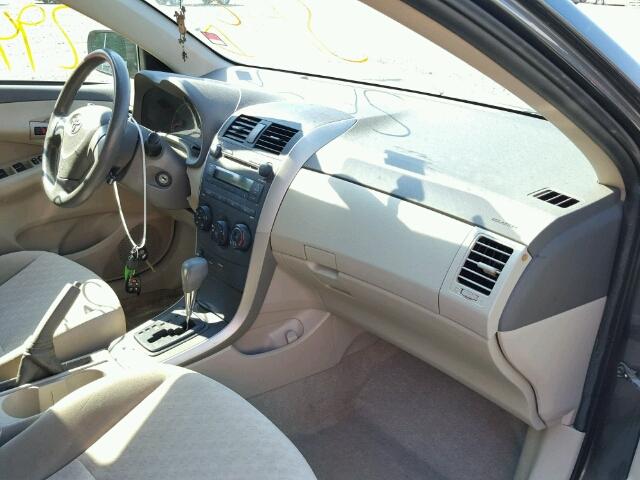I am personally unaware of any current failure...
But it uses a steel drive cable
and tho' better then a rubber belt..
Likely not as durable as a chain.
But the cable is likely quieter then anything else could be.
So tho' likely not an issue when only 5 or so years into things...
But will it hold up to 10 years use ?
If the drive cable ever did fail or need replacement...
I would think that cost of repair would be purdy steep.
So for me... I just don't like the design
and have concern about it's long term consumability.
If ya trade in yer junk after 4-5 years...
you won't likely have an issue with it.
No car have used rubber belt CVTs since the 1958 Daf, I think. They all use chain-belt (it's really not a cable, since the belt has to be side-pushed). Audi used an original mesh design but the composition remain the same.
The idea of a belt might raise an eyebrow, but you'll notice that the belt is never the problem in "problematic" CVTs that generated mistrust but production glitches leading to fluid contamination :
GM-Fiat (metal scrap contamination) / Nissan-Chrysler (fluid foaming from bat heating control firmware) / Honda (wrong fluid from the plant). Audi was again original with a missing clutch plate...
Again, those were all production glitches and the batches affected remain fragile afterward but people tend to generalize them to all CVTs produced by everyone.
So far, after 6 years worldwide in the Corolla (and 16 years of other version), Toyota-Aisin engineering still has to produce a surge/trend in complaints.
Actually, a belt is no more prone to break than a small physical metal gear. Repair prices were high in NA when CVTs were a rarity but getting much lower.

